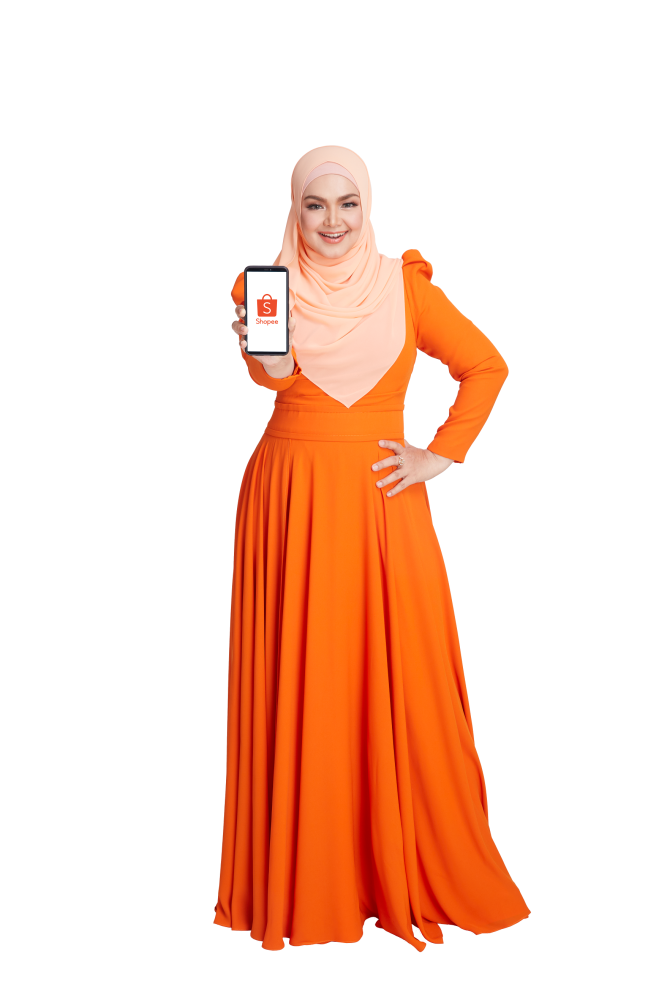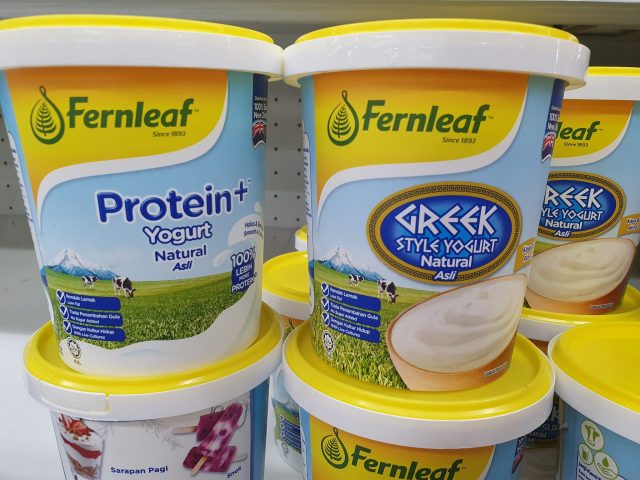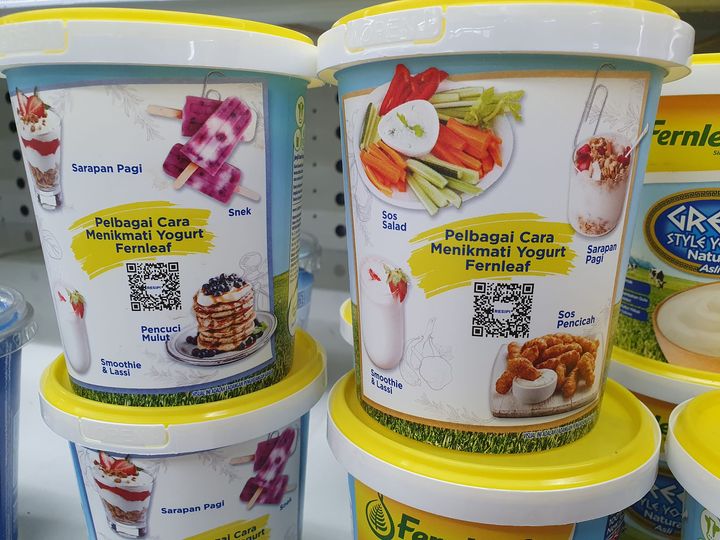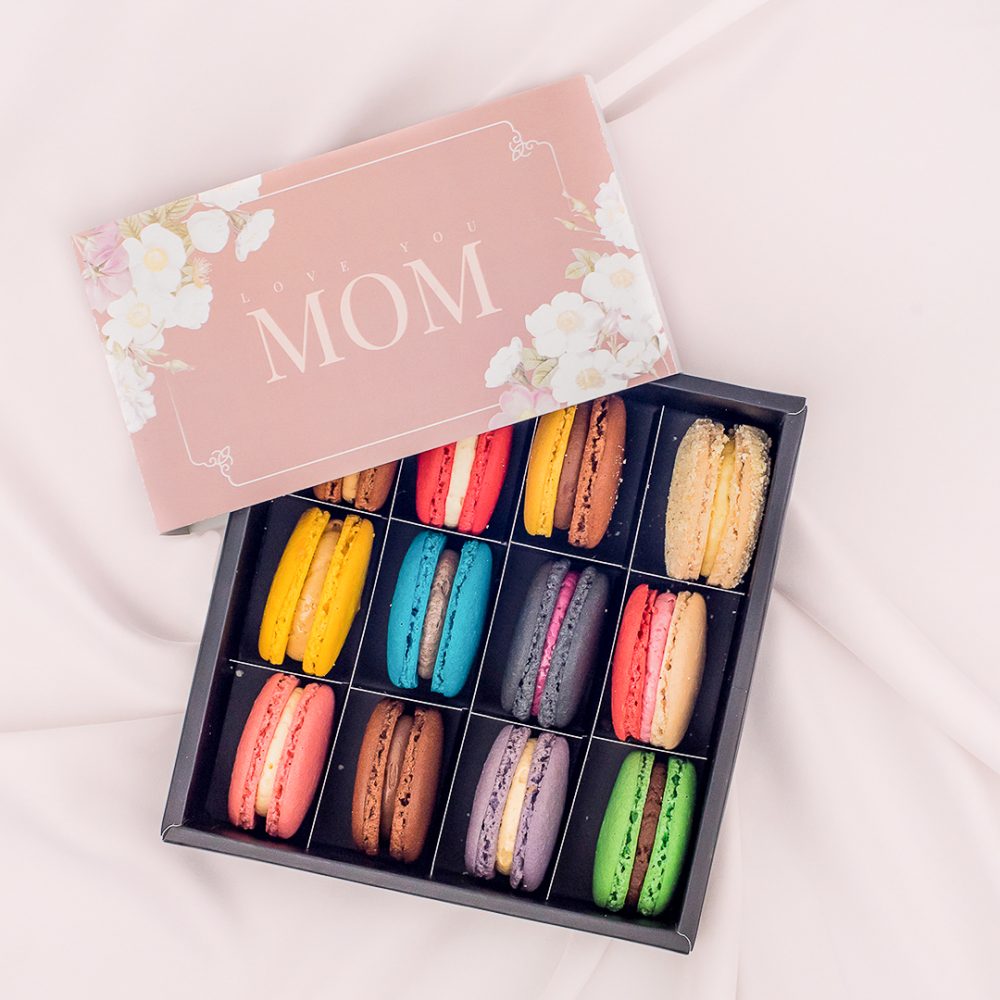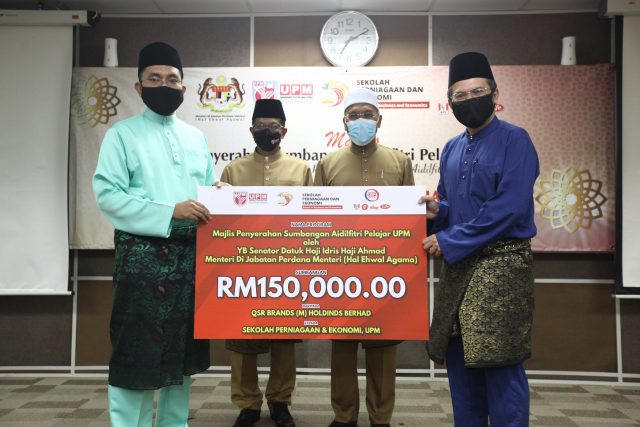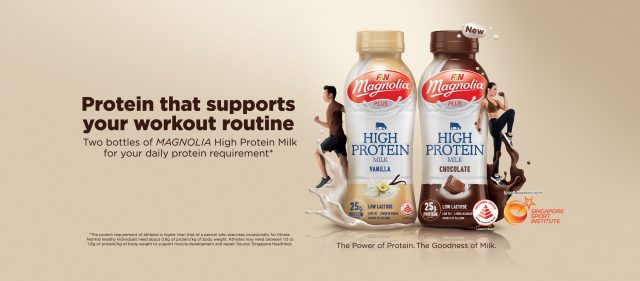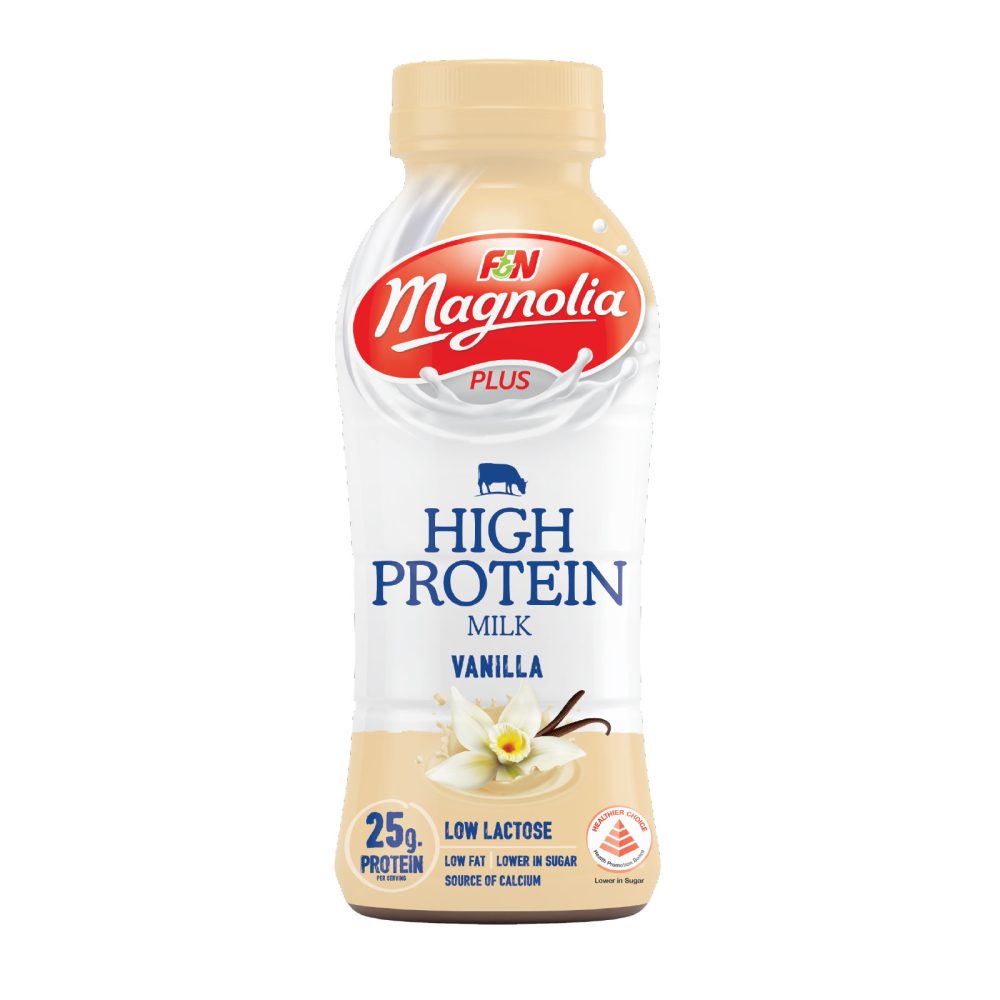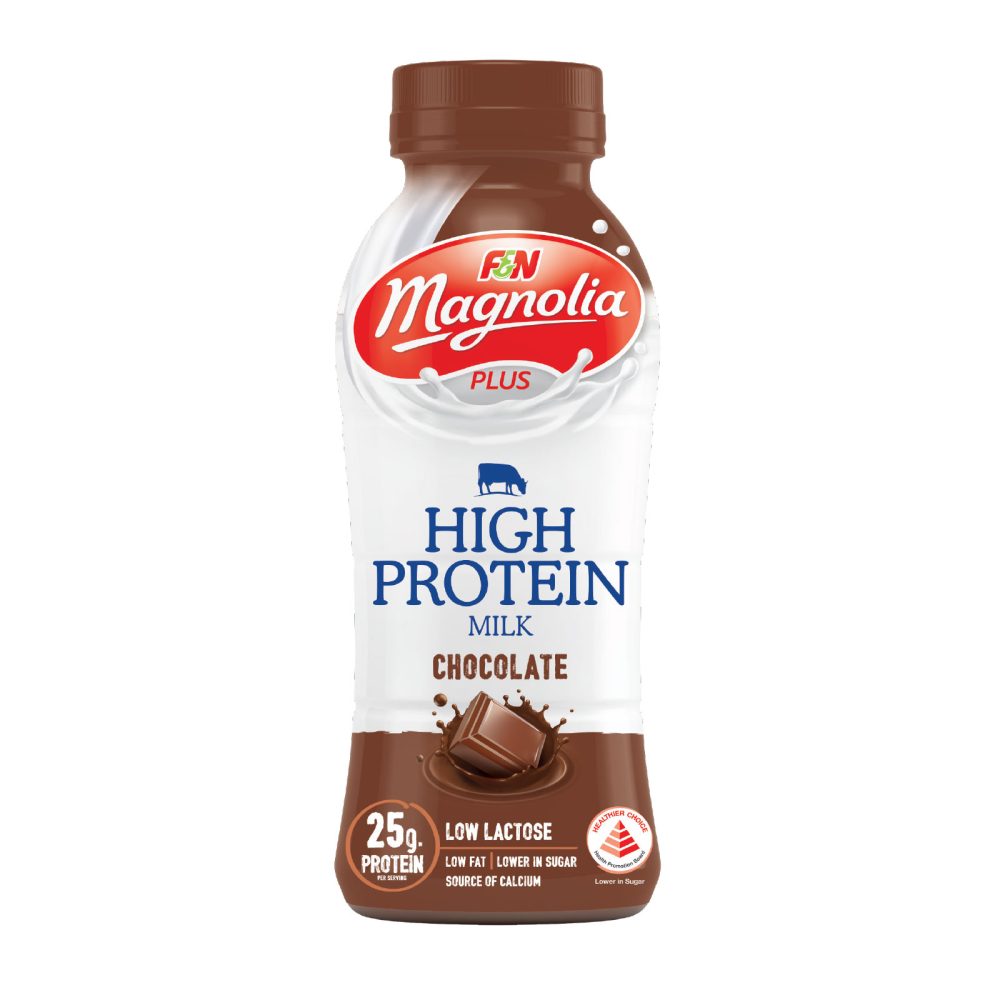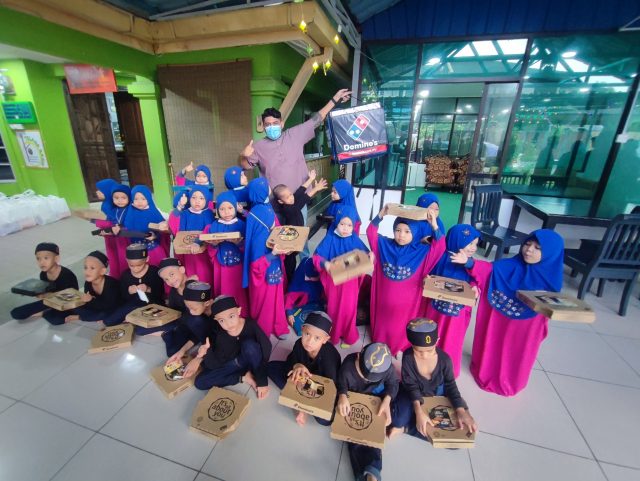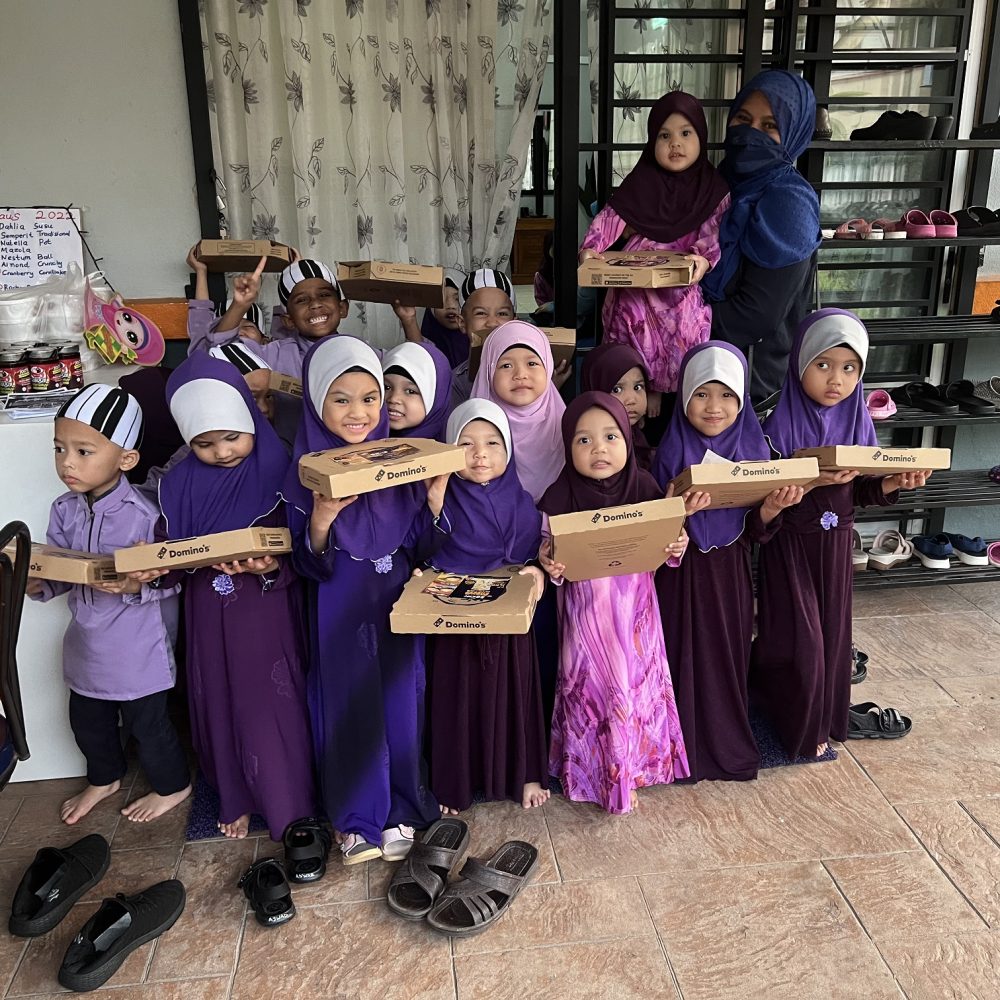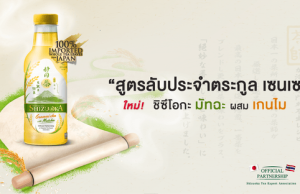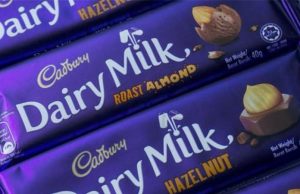Positive momentum from the recovery of economic activities in Malaysia and on track to complete several CAPEX projects to deliver long-term cost savings and environmental objectives
- Group revenue increased by 1.5% to RM1,107.7 million for Q2 FY2022, supported by F&B Malaysia’s improved performance.
- F&B Malaysia accelerated revenue growth at 9.0% in Q2 FY2022 to RM615.1 million, driven by successful CNY activations and recovery of economic activities.
- F&B Thailand market dampened by Omicron outbreak in Q2 FY2022 and registered 1.0% revenue decline (in Thai baht terms). However, a strong Q1 performance led to overall 4.6% revenue growth (in Thai baht terms) for the first half year.
- Group revenue for 1H FY2022 up by 1.8% to RM2,214.3 million from RM2,175.0 million in 1H FY2021.
- RM200 million COGS impact in 1H FY2022 from the rise in commodity prices largely mitigated through cost management measures and price adjustments. Group profit before tax for the first half, excluding one-off non-operating items, declined by RM55 million to RM244.1 million.
- New RM148 million CAPEX investment into Liquid Milk & Plant-Based Beverages capability in Malaysia and Thailand.
- Interim single tier dividend of 27 sen per share (2021: 27.0 sen per share) amounting to RM 99 million to be paid on 31 May 2022
SECOND QUARTER FY2022 PERFORMANCE
| Financial Highlights |
Q2 FY2022 |
Q2 FY2021 |
Change |
| Revenue (RM million) |
1,107.7 |
1,091.8 |
+1.5% |
| Profit before tax (RM million) |
112.0 |
139.3 |
-19.6% |
| Adjusted profit before tax (RM million) * |
110.8 |
140.6 |
-21.2% |
| Profit after tax (RM million) |
93.9 |
103.5 |
-9.3 |
| Basic earnings per share (sen) |
25.6 |
28.2 |
-2.6 |
* Adjusted to exclude one-off non-operating items due to flood and restructuring costs
Fraser & Neave Holdings Bhd (‘F&NHB’ or ‘the Group’) recorded 1.5% revenue growth for its second quarter ended 31 March 2022 (Q2 FY2022) to RM1,107.7 million from RM1,091.8 million in the same quarter last year. Positive momentum from the recovery of economic activities in Malaysia moderated the stifled demand in Thailand affected by the Omicron outbreak.
F&B Malaysia’s revenue for the quarter soared 9.0% to RM615.1 million (FY2021: RM564.2 million) on the back of higher sales from the Chinese New Year (CNY) festivities, driven by the easing of COVID-19 restrictions and effective on-ground activation and promotions.
Beverage sales surged double-digit for the quarter, supported by greater out-of-home consumption and improvement in sales to the HORECA channel. Revenue for food products grew by double-digit from early sell-in for Hari Raya Puasa festive season and successful CNY promotion for its oyster sauce category. Dairies sales registered improved revenue despite a volume decline following price adjustments undertaken in October 2021.
The price increase also impacted Exports volume in some price-sensitive markets. The improved margin resulted in higher operating profit for Exports despite lower revenue versus last year. Exports from Malaysia also faced challenges from shipping disruption due to flood in Port Klang in December 2021, limited shipping vessels to certain regions and lower volume from Greater China amidst strict COVID-19 lockdown measures.
F&B Thailand revenue in THB terms for the quarter declined marginally by 1.0%, whilst revenue in RM terms was more adversely impacted (-6.5%) due to unfavourable foreign exchange translation. F&B Thailand sustained growth for the domestic sales of sweetened condensed and evaporated milk through effective promotions and loyalty programs in Q2 FY2022 despite battling one of the country’s highest COVID-19 infection rates to date. Higher export revenue from price adjustments as well as new orders and expansion into new market helped mitigate weaker domestic demand.
Higher sales, improved margins from price adjustment and prudent cost management led to higher operating profit for F&B Malaysia in Q2 FY2022. F&B Malaysia’s operating profit excluding one-off non-operating items (flood and restructuring costs) surged +59.3% to RM43.9 million.
Operating profit for F&B Thailand declined by 44.9% (-41.7% in Thai Baht terms) to RM61.8 million during the quarter. This is mainly due to difficulty in passing on the significantly higher input costs to customers, as its products are on the Thai government’s price watch list.
Group profit before tax excluding one-off non-operating items due to flood and restructuring costs for Q2 FY2022 contracted 21.2% to RM110.8 million compared to RM140.6 million last year. Excluding one-off non-operating items, group profit before tax declined by 21.2% to RM110.8 million
HALF YEAR FY2022 PERFORMANCE
| Financial Highlights |
Half Year FY2022 |
Half Year FY2021 |
Change |
| Revenue (RM million) |
2,214.3 |
2,175.0 |
+1.8% |
| Profit before tax (RM million) |
220.1 |
298.3 |
-26.2% |
| Adjusted profit before tax (RM million) * |
244.1 |
299.5 |
-18.5% |
| Profit after tax (RM million) |
186.8 |
240.3 |
-22.3% |
| Basic earnings per share (sen) |
50.9 |
65.5 |
-14.6 |
* Adjusted to exclude one-off non-operating items due to flood and restructuring costs
For the first half ended 31 March 2022 (1H FY2022), Group revenue increased 1.8% to RM2,214.3 million from RM2,175.0 million last year.
Despite higher revenue, the Group recorded lower profit before tax and profit after tax of RM220.1 million and RM186.8 million respectively in 1H FY2022 compared to the same period last year. This is mainly due to higher commodity prices, flood impact, and forex translation loss from a weaker Thai Baht.
F&B Malaysia’s revenue grew by 5.2% to RM1,190.8 million for the first half-year (FY2021: RM1,132.4 million). This was driven by a stronger 2nd quarter performance, partly dampened by the impact of the floods on its Shah Alam operations and the resulting out of stock (OOS) situations. F&B Malaysia’s operating profit, excluding one-off non-operating items, grew by 25.9% to RM91.3 million, attributed to higher beverages sales and contribution from Food pillar (acquired in January 2021) and improved margin for dairy products.
Meanwhile, strong double-digit growth in domestic and export sales in the first quarter contributed to F&B Thailand recording higher revenue in the first half year, which grew by 4.6% (in Thai Baht terms). However, unfavourable RM/THB translation led to lower revenue in RM terms, registering a 1.8% decline to RM1,021.7 million. F&B Thailand’s operating profit declined to RM142.2 million due to significantly higher input costs, especially for tin cans and milk powder. Price increase was effected in March 2022 to mitigate margin pressures.
Commenting on F&NHB’s first-half financial results, F&NHB Chief Executive Officer, Lim Yew Hoe said, “As a Group, our results demonstrate our resilience in the face of tremendous pressures on multiple fronts.”
He further explained that the rise in global commodities prices amounted to an additional RM200 million COGS for the first half year. Through rigorous cost management measures, including price and trade discount adjustments, the Group has significantly reduced the impact to its bottom line.
Excluding one-off non-operating items, Group profit before tax for 1H FY2022 declined by about RM55 million to RM244.1 million from RM299.5 million last year.
GOING FORWARD
Regardless of the market environment, the Group remains resolute in its long-term strategies and foresees that these will result in payoffs in terms of further cost savings and new market opportunities soon. Several of the Group’s CAPEX projects will be completed this year, such as the insourcing of warehousing in Shah Alam, which is expected to deliver savings of about RM1 million every month. The Solar Photovoltaic (PV) systems at three plants in Malaysia (Shah Alam, Pulau Indah, Bentong) that will come online this year will deliver an estimated electricity cost avoidance of RM3 – RM4 million annually, besides reducing an estimated 9,000 tonnes of CO2e emissions per year.
“For the longer term, we are on track for several other CAPEX projects that will enable the Group to capture value in new market segments. Our new RM20 million Drinking Water production plant and warehouse in Kota Kinabalu signal our confidence and commitment to grow the drinking water business in Sabah.”
“Another significant CAPEX project is our new Liquid Milk & Plant-Based Beverages factory in Thailand, which is in the final stages of commissioning. Concurrently, we are also equipping our Pulau Indah plant with Plant-based beverages capability by the end of 2022. Both investments amounting to RM148 million, represent a strategic shift for F&NHB to reduce reliance on condensed milk and enable us to grow our brand in the liquid milk segment,” said Lim.
On prospects, the Group anticipates the challenging environment for the industry to continue into the second half of the year, as high input prices, rising freight costs, and geopolitical uncertainties weigh on the Group’s margin while rising inflationary pressures may dampen discretionary spending. However, the reopened borders and relaxation of quarantine requirements in Malaysia and Thailand are expected to spur economic activity and consumer spending.
“We will focus on accelerating the momentum built in the first half while keeping a tight rein on costs and adapting to the fluid environment. We are confident that the fruits of our strategic plans will enable us to come out on a stronger footing when the markets stabilise again,” said Lim.
Commenting on F&NHB’s proposed acquisition of Ladang Permai Damai Sdn Bhd, Lim said the intention is for the Group to embark on the upstream fresh milk business for downstream production and distribution of fresh milk.
“We are confident that our latest investment will present incremental opportunities for our future growth prospects. The Proposed Acquisition is subject to the terms and conditions of the Share Sale Agreement, including the government approvals to be obtained as conditions precedent to completion. More details of the project will be announced once they are completed,” he added.
The Proposed Acquisition is not expected to have any material effect on the earnings of the F&NHB Group for the financial year ending 30 September 2022.
The latest investment also reflected the Group’s confidence in the long-term potential of our markets and our ability to manage the risks of the current landscape while strategies are well placed to drive future growth,” Tengku Syed Badarudin concluded.
In line with the Group’s performance and resilience, the Board declared an interim single-tier dividend of 27.0 sen per share (FY2021: 27.0 sen) for the financial year ending 30 September 2022. This dividend amounting to approximately RM99 million will be paid on 31 May 2022.
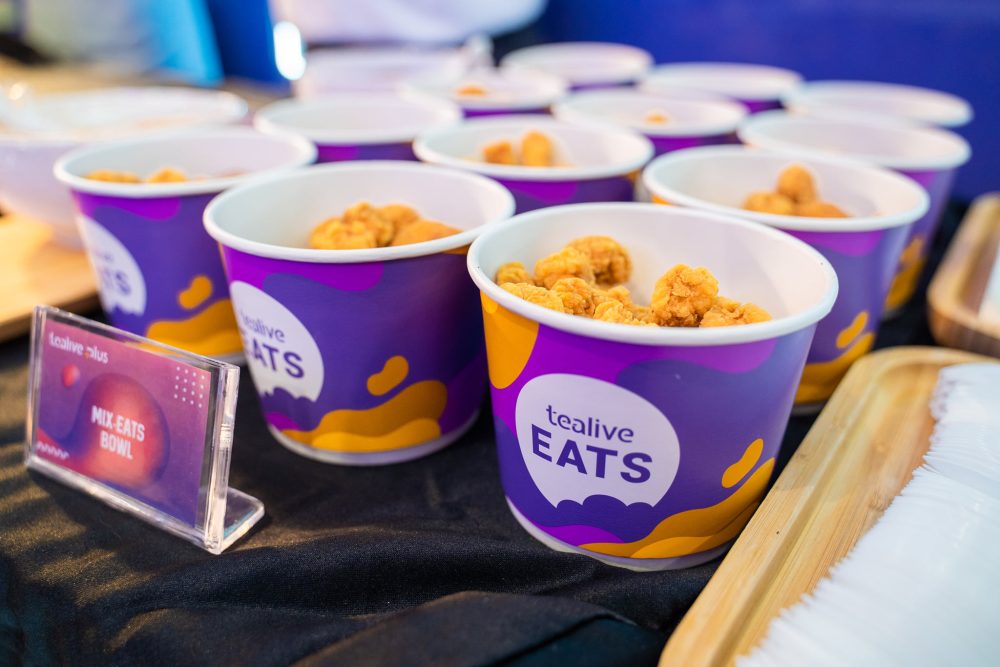
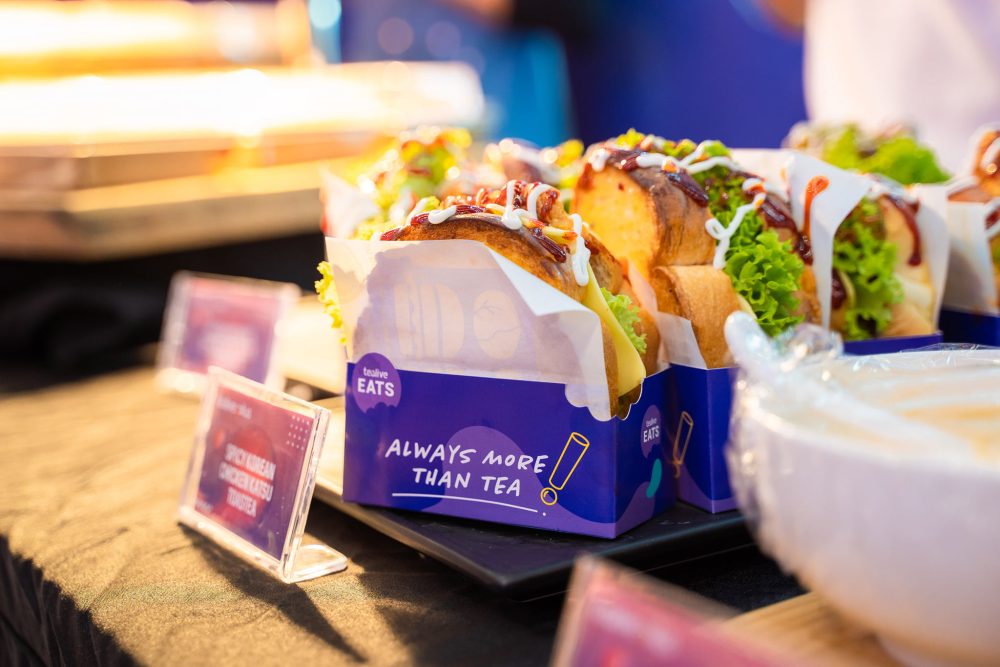
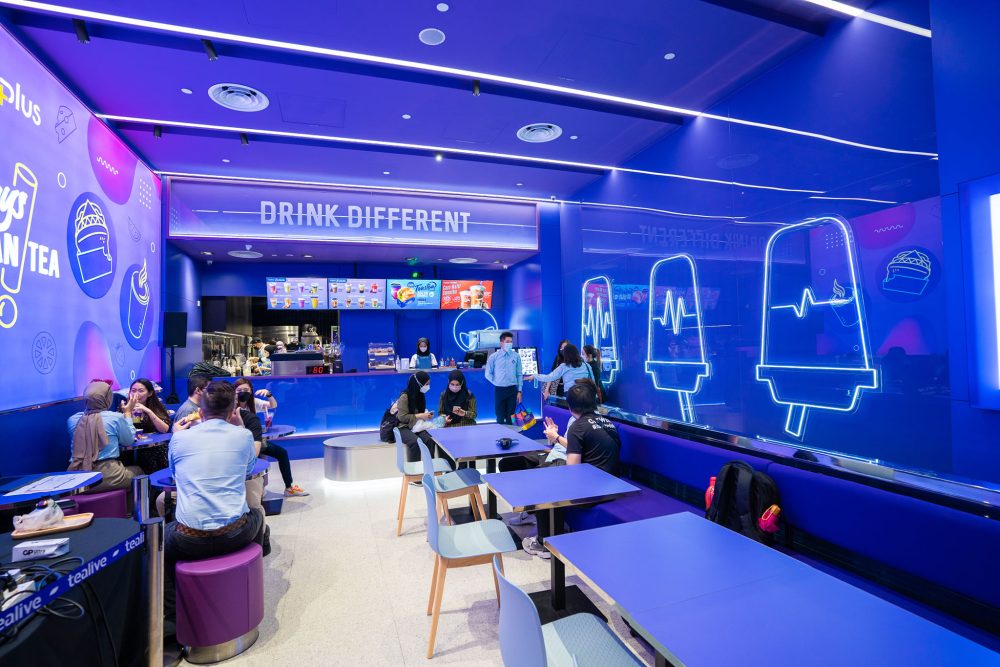

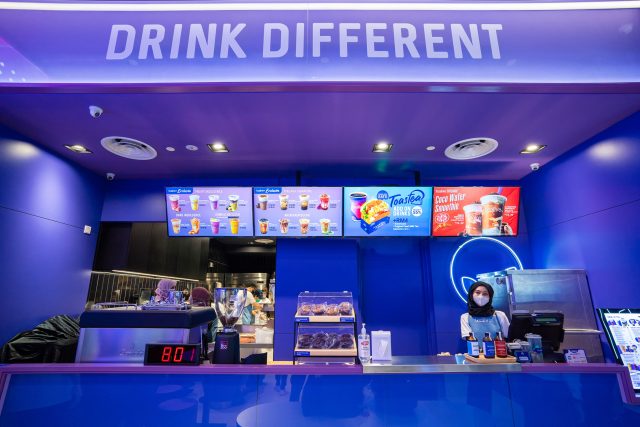
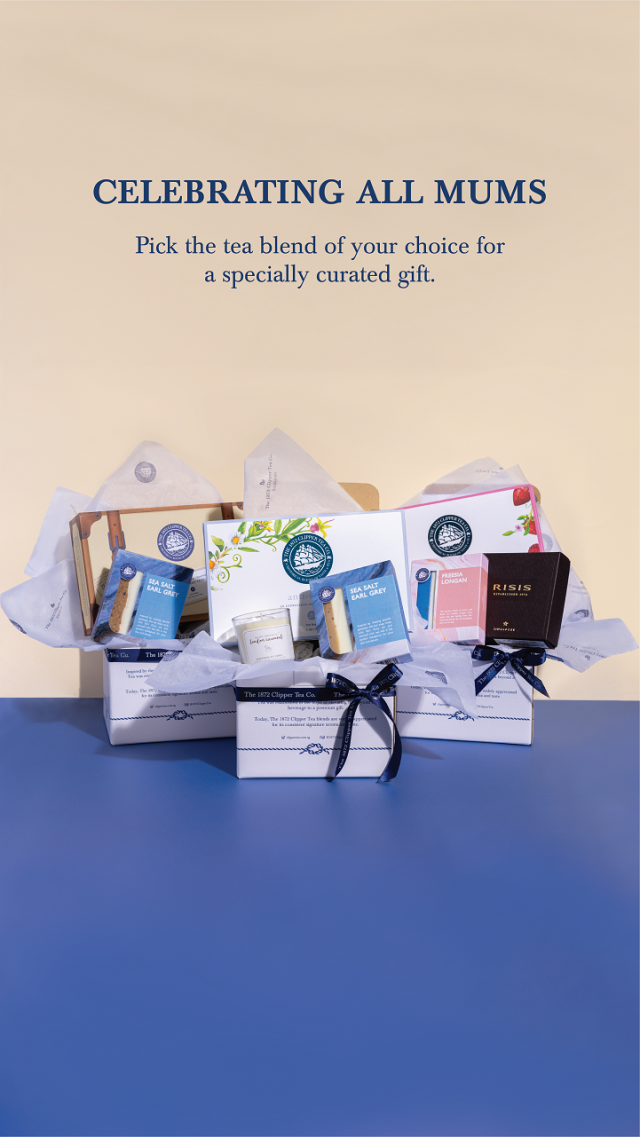
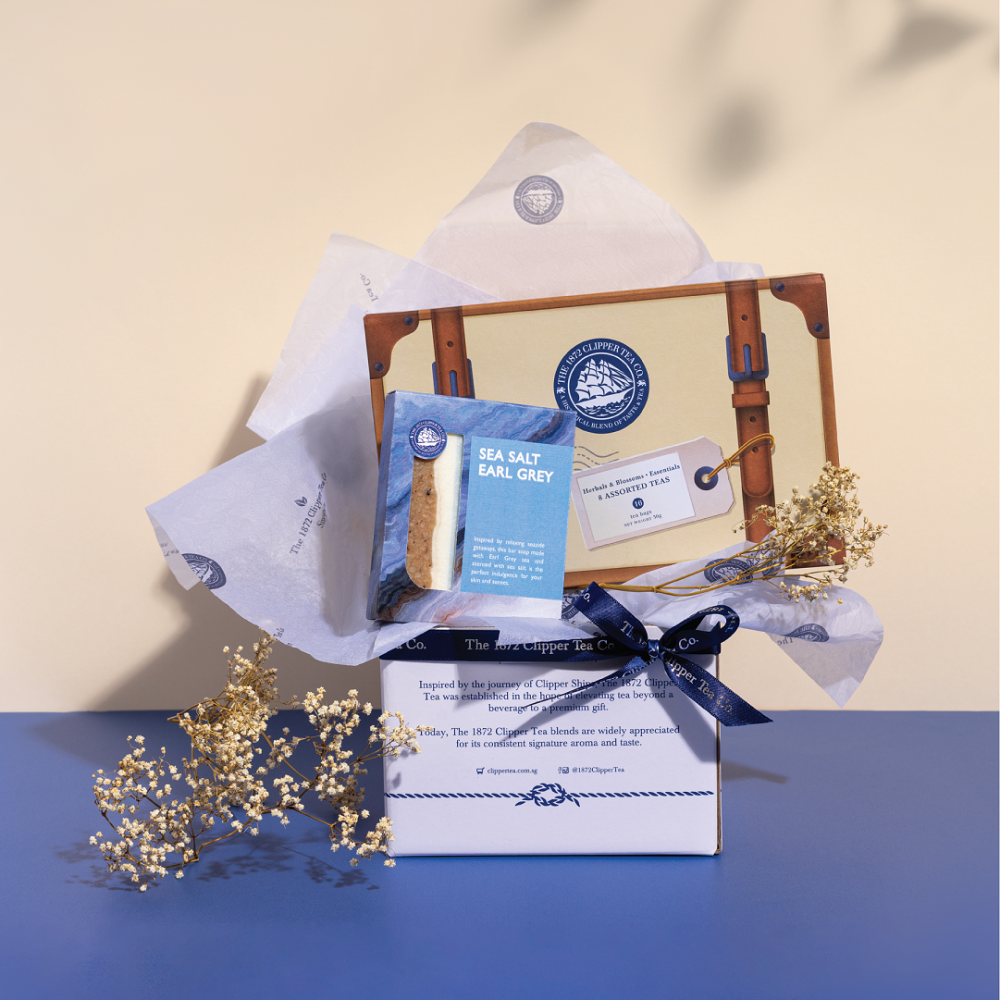

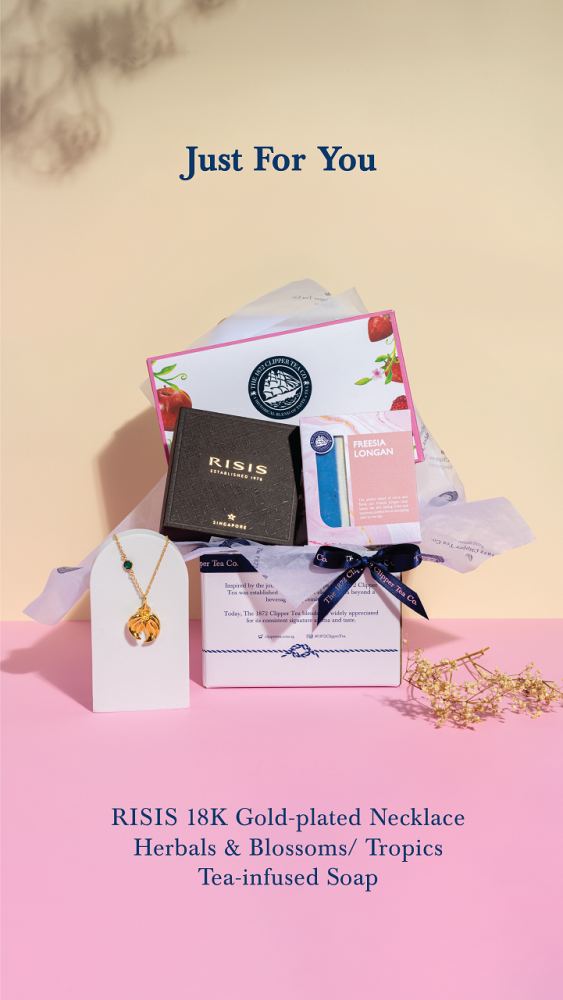
![[ENG] Raya With Shopee](https://www.minimeinsights.com/wp-content/uploads/2022/04/ENG-Raya-With-Shopee-640x360.jpg)

